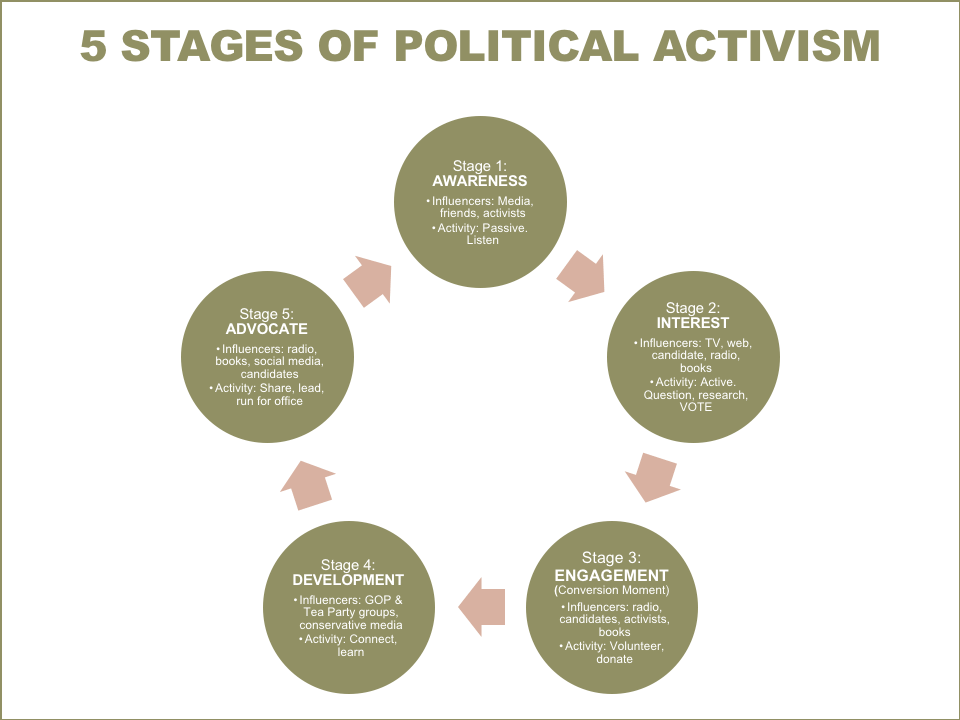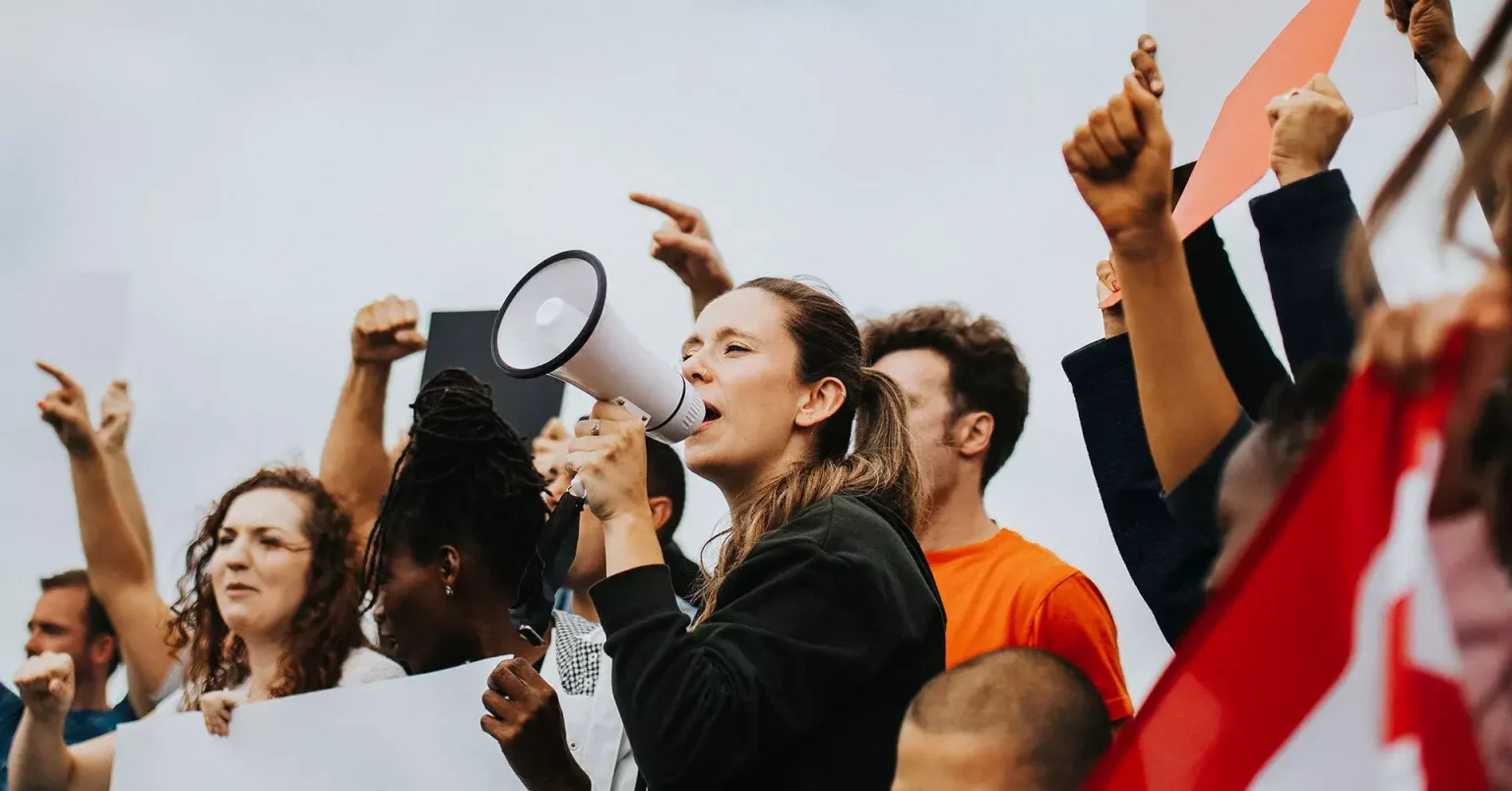Around the world, political movements have long been the main engine of social, economic, and political change. These movements, which are defined by group effort and common objectives, aim to resolve issues, push for changes, and subvert established hierarchies of power. Movements in politics are still influencing activism and governance in 2024, as they reflect changing social norms and urgent global issues. This article delves into the essence of movements in politics, scrutinizes prominent movements of 2024, and emphasizes the significance of these movements in cultivating democratic participation and social advancement.
Political Movement Definition
Groups of individuals organize into political movements to accomplish particular political goals. These movements might have a local, national, or international focus and deal with a variety of topics, such as economic reforms, environmental preservation, social justice, and civil rights. Among the essential traits of movements in politics are:
Collective Action
People who are willing to mobilize for change and who have common goals are the driving forces behind movements in politics.
Common Ideologies
Movements frequently derive their goals and tactics from a common ideology or set of beliefs.
Political movements use a variety of strategies for advocacy and protest, such as public campaigns, lobbying, civil disobedience, and demonstrations.
Leadership and Structure
To plan operations and maintain momentum, effective movements frequently have well-organized leadership and structure.

Important Political Developments for 2024
As 2024 unfolds, many political movements have emerged that speak to current concerns and international patterns:
Climate Justice Movement
Promoting sustainable policies, environmental protection, and social equity, the movement is a worldwide response to the pressing issue of climate change. Activists demand institutional changes to alleviate environmental deterioration and highlight how vulnerable populations are disproportionately affected by climate change.
Digital Rights and Privacy Movement
The Digital Rights and Privacy Movement aims to safeguard people’s online liberties and promote moral technology use in response to growing concerns about data privacy, surveillance, and digital rights. Stronger data protection regulations, accountability for internet businesses, and transparency in digital governance are among the goals advocated for.
Economic Equality and Labor Rights Movement
The labor rights movement and economic inequality are two major forces behind the campaigns for economic change, workers’ rights, and fair salaries. This campaign highlights the necessity of universal basic income, fair economic policies, and safeguards for gig economy workers in 2024.
Racial and Social Justice Movement
Addressing institutional racism, police brutality, and socioeconomic injustice, the racial and social justice movement is still very strong, building on its previous years’ momentum. To advance fairness and inclusivity, activists demand extensive changes to the criminal judicial, educational, and medical systems.
Democracy and Governance Movement
This movement promotes election reforms, anti-corruption initiatives, and the preservation of democratic standards in response to threats to democratic institutions and procedures. In 2024, the protection of human freedoms, open governance, and fair elections will be the main priorities.
Why Is It Important for Political Movements?
Social movements are essential for reshaping society and encouraging participation in democracy. Several crucial characteristics help to understand their significance:
Catalysts for Change
Political movements, that question the existing quo and promote reforms, act as catalysts for social, economic, and political change. Movements can have a significant impact on policy decisions and effect lasting change by enlisting the public’s support and bringing important issues to light.
Amplification of Voices
Movements give underrepresented and marginalized communities a forum to express their issues and call for justice. Movements provide a collective voice to people with common problems, making it more difficult for decision-makers to disregard their demands.
Democratic Participation
By enticing people to take part in civic duties like voting, protesting, and advocating, political movements foster democratic participation. By strengthening democratic institutions and procedures, active participation cultivates more knowledgeable and involved citizens.
Accountability and Transparency
Watchdog movements make institutions and governments answerable for their deeds and choices. Movements support increased accountability and transparency in governance by drawing attention to corruption, abuses of authority, and ineffective policies.
Social Cohesion and Solidarity
By uniting people and communities around common ideals and objectives, movements in politics promote social cohesion and solidarity. In addition to fostering a culture of cooperation and mutual support, this sense of shared identity and purpose helps fortify social ties.
Political Movements’ Obstacles and Prospects in 2024
Movements in politics confront both chances and obstacles in 2024, even though they can bring about tremendous change.
Digital Transformation
Movements in politics have both opportunities and difficulties in the digital era. Digital platforms and social media provide for quick mobilization and worldwide outreach, but they also expose movements to surveillance, cyber threats, and false information.
Political Polarization and Division
By fostering ideological echo chambers and limiting avenues for communication and consensus-building, growing political polarization and social divisions can compromise the efficacy of movements.
Resource Constraints
Movements frequently face financial and resource constraints, which makes it challenging for them to maintain long-term initiatives and accomplish their objectives. Overcoming these limitations requires forming partnerships and utilizing a variety of financial sources.
Repression and Backlash
Crackdowns, violence, and censorship are some of the ways that authoritarian regimes and repressive governments may react to political movements. Movements must manage these hazards without compromising their adherence to democracy and nonviolence.
Global Solidarity
The interdependence of global issues like human rights and climate change emphasizes the significance of international collaboration and solidarity. Through the formation of international alliances and the sharing of tactics and resources, movements can increase their influence.
Explore More Understanding Fiscal Conservatism, Neoliberalism, and Fiscal Liberalism

FAQs
Do political movements succeed in bringing about long-lasting change?
Movements in politics have always played a major role in bringing about important political, social, and economic changes. Their ability to bring about long-lasting change is contingent upon many variables, such as the movement’s tactics, the level of popular support, and the openness of legislators.
What separates a political party from a movement for politics?
Political parties are formal organizations that aim to win elections and take power in politics, whereas movements in politics concentrate on promoting certain causes or concerns and enlisting the support of the people. Though they function outside of party institutions, movements may have an impact on party goals.
Are political movements mostly local or do they have an impact on the world stage?
Movements in politics can have an impact on both the local and global levels, contingent upon the breadth of their goals and the depth of their outreach. While some movements focus on regional problems, others support international concerns including social justice, environmental preservation, and human rights.
What is the course of political movements over time?
Political climates, cultural shifts, and strategic concerns all influence how movements in politics change over time. As conditions change, they might modify their strategies, widen their alliances, or reassess their objectives. Successful movements frequently exhibit adaptability and resilience.
What part do student and youth movements play in politics?
Throughout history, youth and student movements have been vital in propelling political change. These movements frequently infuse political activism with vitality, optimism, and fresh viewpoints, inspiring youth to take up causes like social justice, climate action, and education reform.
In Summary
Political movements have a crucial role in bringing about change, influencing history, and propelling advancement in communities everywhere. 2024 will see the rise of movements focused on racial and social justice, economic equality, digital rights, climate justice, and democracy at the forefront of modern action. These movements serve as a reminder of the lasting value of advocacy, group action, and democratic participation in tackling urgent global issues. As time goes on, cultivating a more fair, just, and sustainable society will depend heavily on our ability to bolster and support movements in politics.










